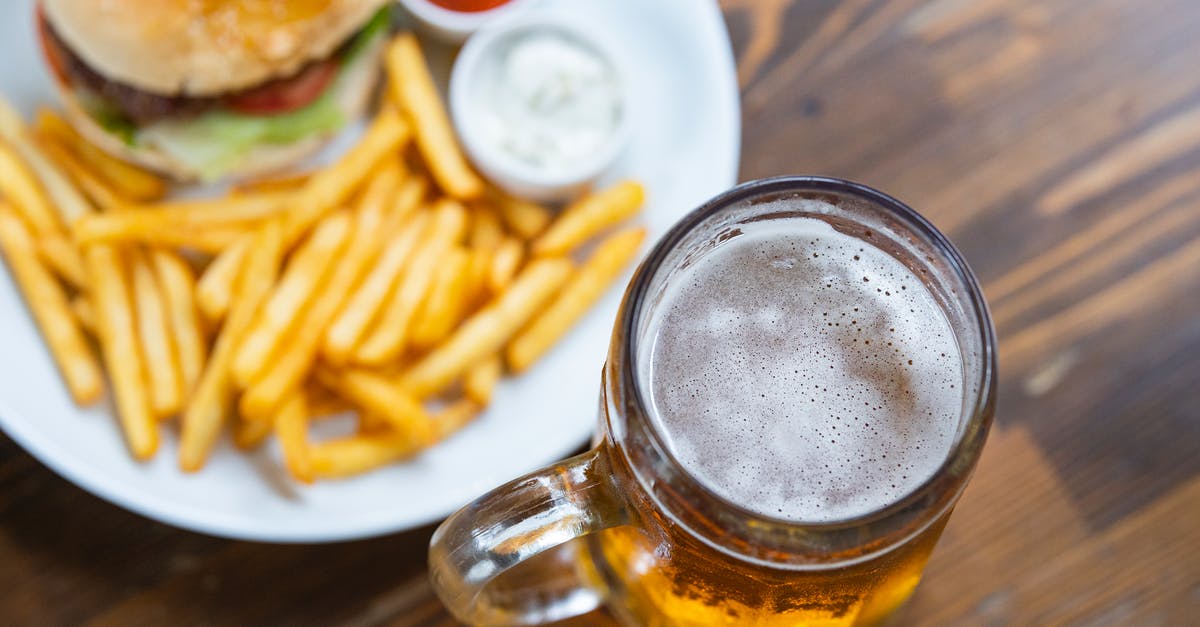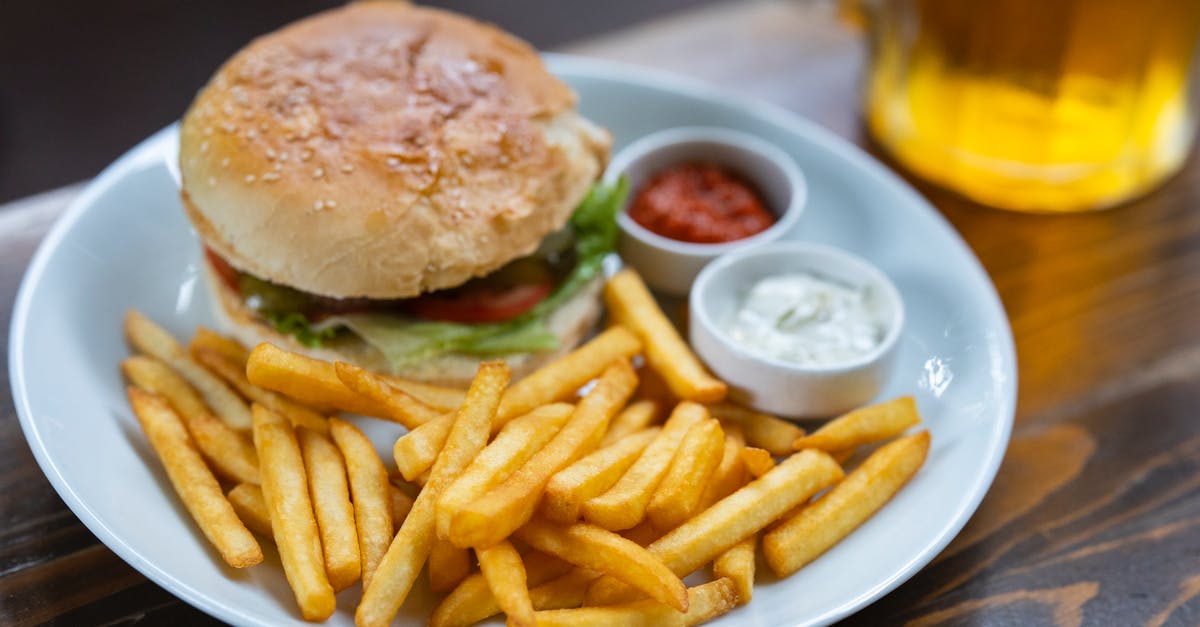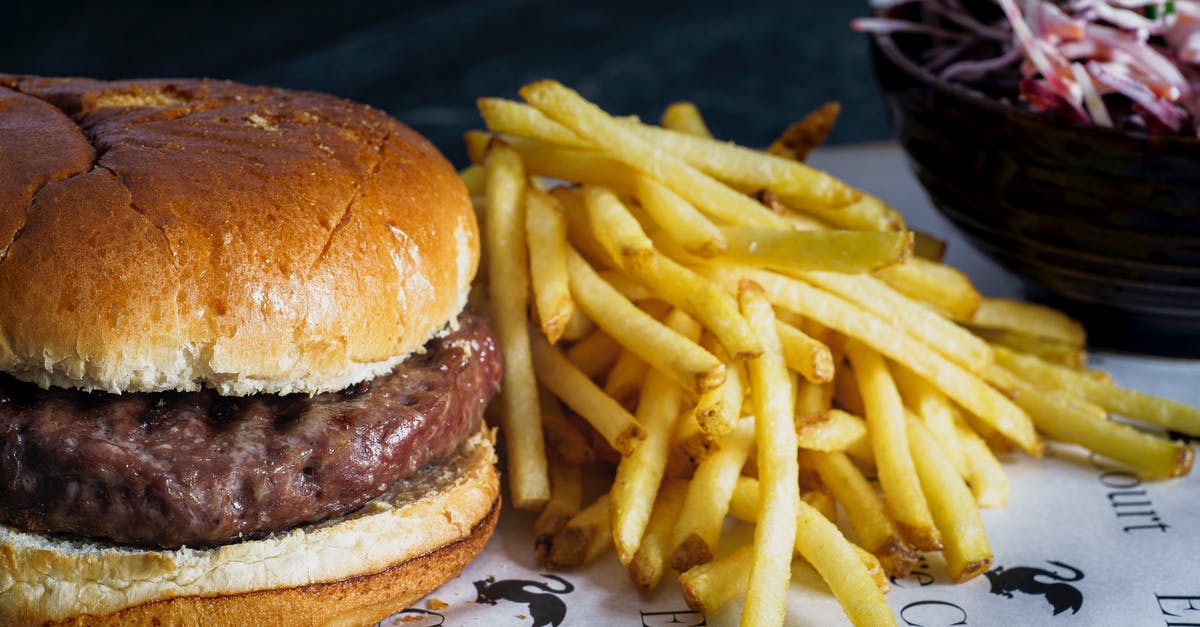Effect of potato water on bread (early experiment results)

Inspired by another question here, I am going to make potato bread. I am using the King Arthur Flour recipe.
(For 2 loaves)
- 1 tablespoon instant yeast
- 99g sugar
- 283g to 340g lukewarm water or potato water (water in which potatoes have been boiled)
- 170g softened butter
- 2 1/2 teaspoons salt
- 2 large eggs
- 198g mashed potatoes (from about 1/2 pound potatoes)
- 780g King Arthur Unbleached All-Purpose Flour
My question concerns the water. What effect should I expect from using the water used to boil the potato? I assume that the major difference between potato water and tap water is starch. I further assume that the less water I use to boil my potato, the greater the concentration of starch.
What differences am I likely to see in loaves made with tap water, low-concentration potato water and high-concentration potato water?
I ask because I haven't started yet. Answers to this question will influence how I boil my slightly aged and should be used soon potato.
Best Answer
I found this, it's Ask.com so even though I'm posting it as an answer, I don't consider it the answer. I'd still love to hear what some of the expert bakers here have to say.
(emphasis mine)
As you begin to bake different types of breads, you will come across some older bread recipes that call for potato water. Potato water is the water that potatoes have been boiled in. The potatoes release their starchy goodness into the water as they are cooked. The potato water can then be used as a substitute for milk and it makes your bread deliciously moist.
To make potato water, wash and peel 2 to 3 potatoes. Cube the potatoes and add to pot. Cover potato cubes with water and boil for about 20 minutes or until potatoes are soft. Remove from heat and drain potato water into a liquid measuring cup. Let cool to warm before using in your recipe. The potatoes can be mashed with a forked and added to potato bread recipes.
Potato water can be refrigerated for up to 24 hours. After this time, the potato water sweetens and can spoil the taste of your bread.
What that article doesn't cover at all is concentration. I'll try it, just adding water to barely cover the potato (it's a big one, it'll be more than enough). I'll update this with the results of that bread and the same recipe made with tap water.
EDIT and 1st experiment
I made two loaves per the recipe in the original question, one with highly concentrated potato water, one with filtered tap water. To make the "highly concentrated" potato water, I boiled 4X the amount of potato ultimately called for in the recipe, barely covering the cut up potatoes with water. After it settled (the starch settles to the bottom of the cup), I poured off half of the water, leaving just more than I needed to accurately weigh. I'd consider that the highest possible concentration without getting "extreme" about it.
With potato water:


With filtered tap water:


I carefully weighed all of the ingredients, the weather is unchanged and I started with the water at exactly 110F (43C). I used the first loaf to guide exactly how long I rested, proofed and baked the second loaf. Guided by a digital timer, I tented the second loaf at exactly the same point (and even using the same tent) as the first loaf. The final internal temperatures of both loaves were just shy of 200F. I mixed and kneaded with a bread machine, so there is as little human variance as possible between the two loaves.
Tentative conclusions:
The color is better on the first (with potato water) loaf. Is that because of the potato water? It's too soon to tell. I can say that I could not discern any difference in the flavor or texture between the loaves.
Browning aside, the loaves seemed identical.
Next I'm going to try my often repeated, go to recipe for plain white sandwich bread. That one calls for milk. I'll try replacing the milk with high-concentration potato water.
BTW - That is an OUTSTANDING recipe. The bread is great. Just don't even try it without a stand mixer or bread maker. That is some of the stickiest dough I have ever encountered (I was warned by the website, and YOWZA they weren't kidding).
Pictures about "Effect of potato water on bread (early experiment results)"



How does potato water affect bread?
Uses for Potato Water It adds to the texture, keeps the moisture in the bread, and provides some flavor as opposed to just using plain water. For whipped potatoes, add some of the potato water when you are whipping them and they will be fluffier.Is potato water good for making bread?
Potato water can improve the texture of baked goods.If you add potato water to bread dough, you'll get a nice texture and some added flavor. If you are especially seeking a thickening agent that is gluten-free and inexpensive, potato water is your go-to.What effect does water have on bread?
It is in the presence of water that gluten forms. Water serves as a solvent and dispersing agent (for salt, sugar, and yeast). Water is necessary for yeast fermentation and reproduction; softer doughs will ferment more quickly than dry doughs. Water is responsible for the consistency of bread dough.How does potato flour affect bread?
Potato flour, ground from peeled, dried potatoes, is a clever, simple way for bakers to create a moist yeast bread (with excellent shelf life). The starch in potatoes attracts and holds water, and helps to increase the moisture content in baked goods.Potato Water Rolls
More answers regarding effect of potato water on bread (early experiment results)
Answer 2
In 1997 I was seeking to make a good biscuit recipe while living in Albuquerque NM. In my research I found an article from 1905 in a local newspaper which stated to use potato-water to extend the shelf-life of baked goods.
I used it in my extra large biscuits, and they lasted 4 days of eating. As I stored them in the cupboard, and they remained soft throughout, I was impressed. I'm not sure how much longer they last, as they usually get eaten within 2 days.
Answer 3
Using the liquid in which a russet, also known as Idaho potato has been cooked to proof yeast and also incorporating the cooked mashed potato into the dough, is a time honored almost ancient method from a time when milk and sugar may not have been steadily available commodities. This method was very prevalent in Eastern European baking. My mother, sister, grandmothers- all from the eastern Appenine region of southern Italy used this method. Sugar and milk were available, but not used for this. The potato method adds a unique elasticity, body, texture and flavor to the dough even before the addition of eggs, lard, grain spirits (only for dough to be fried) spices, rinds, dried fruits, and extracts. None of them used a mixer because the touch of the hand on the dough indicated its quality. See Paula Peck in The Art of Fine Baking for her reasoning on this in pastry making.
Sources: Stack Exchange - This article follows the attribution requirements of Stack Exchange and is licensed under CC BY-SA 3.0.
Images: Engin Akyurt, Engin Akyurt, Sebastian Coman Photography, Stephane Hurbe
